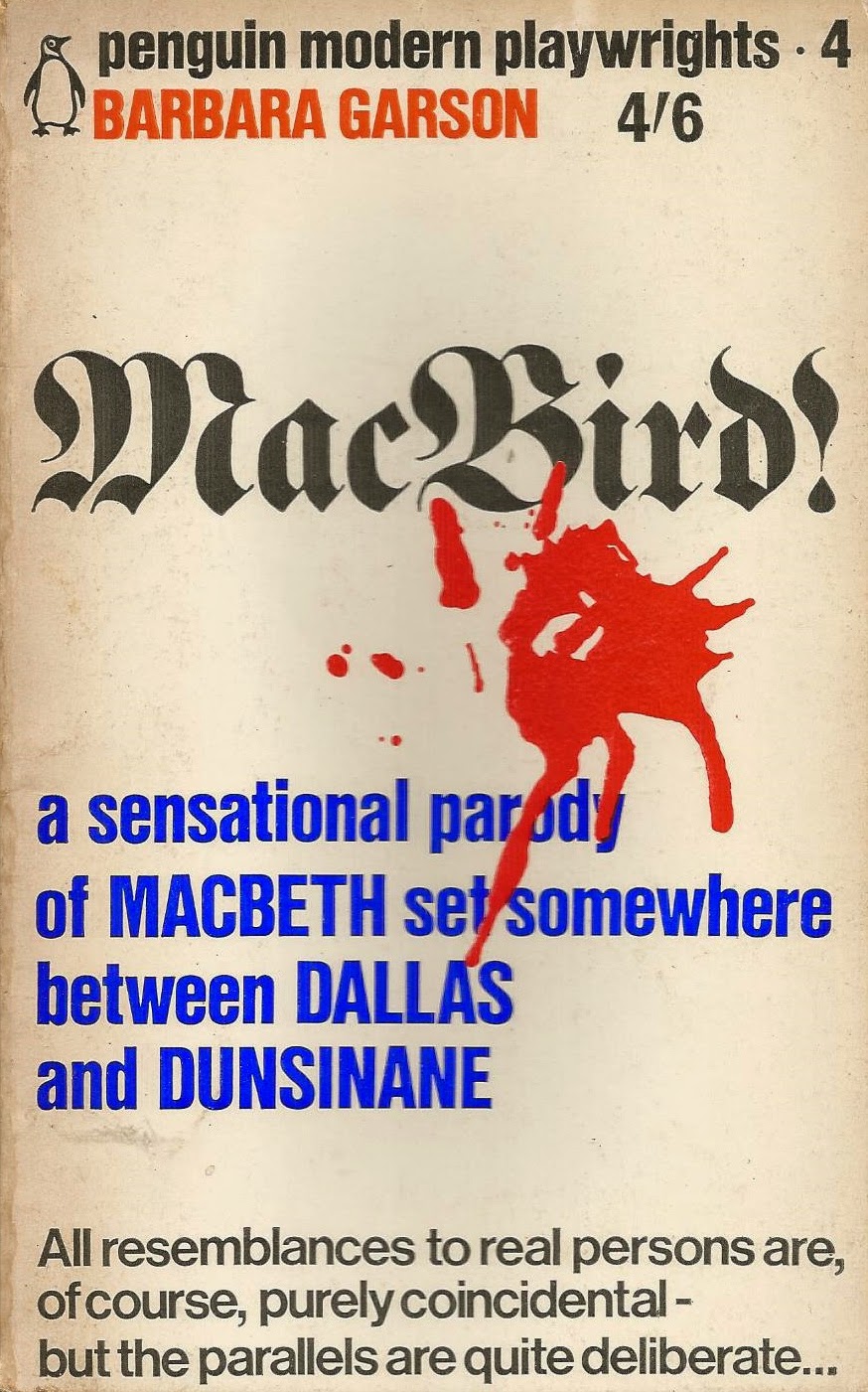The final Lost Book Library Reading Round-Up. After this, new entries will adopt a whole new mutant form that will terrify and arouse in equal measure.
The Killing Gift by Bari Wood
Status: Completed
Very enjoyable supernatural police procedural. This is the book that 'Lamia' by Tristan Travis could have been. An unforeseen side-effect of an early X-Ray machine used during pregnancy leads to the birth of a child that people can't help but dislike. She turns out to have psychic powers she herself is unaware of, and anyone who crosses her ends up mysteriously and horribly dead. Enter a curious policeman seeking to solve the mystery. As ever, I wasn't totally convinced by the ending, but overall, a quirky, imaginative book that explores the instinctive distrust of those that seem other. Its utter obscurity is undeserved.
Punish Me With Kisses by William Bayer
Status: Completed
Somewhat sordid sex thriller oddity. A promiscuous young woman is murdered, leaving her dowdy younger sister to explore her kinky life and solve the crime. Along the way there is much identity-shifting, and a crazy sub-plot involving a cat-centred form of psychotherapy that leads to a draw-dropping twist. Grubby but engaging.
Man In White by Johnny Cash
Status: Abandoned p. 56
For a devil-may-care rockabilly with a take-no-prisoners attitude to life and a fuck-you mentality towards authority, Johnny Cash devoted a lot of his time to unquestioning subservience to the Higher Power of God. The introduction to this novelised account of the life of Paul the Apostle is well worth reading, detailing as it does Cash's near-death encounter with an ostrich. The book itself is pretty much the Bible with the gaps filled in with extensive historical research. It's not bad, although everyone pretty much speaks exposition, but also not compelling enough to demand a full read.
The Actress by Henry Denker
Status: Abandoned p. 39
Joyously lurid story of a seductive actress and her mental health problems, populated entirely by characters incapable of sticking to the point during important conversations ('It made dark stains on her black leotard. Dark stains....'). If it were a film I'd watch to the end, but a whole book of it would take up too much valuable Buzzfeed time.
A Chemical Romance by Jenny Fabian
Status: Abandoned p. 18
Glam-era scenester decadence. Far too much astrology to be bothering with.
Dangler by Charles Gaines
Status: Completed
If asked to imagine a novel written by the inventor of Paintball, the average person in the street could be forgiven for imagining a bad one. Dangler, however, is actually pretty decent. A product of the seventies crisis of masculinity that brought you
Deliverance and
Straw Dogs, it tells of a outdoor activity park manager who attempts to make his elite clientele regain their sense of innate superiority over the lower orders through gruelling wilderness exercises. Needless to say, it all goes wrong. The novel sags in the middle when, just when you expect it to go full-on crazy, it instead descends into soapiness and some tedious sub-plot about tax. By the end, however, it's all rather gripping. Let us now enjoy Charles Gaines's author photo.









